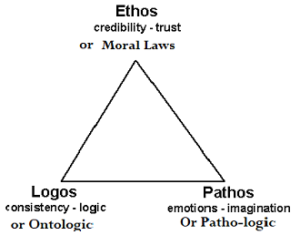
Will to or power
A little-known concept of Nietzsche is the will to power, as a “natural” driving force of man, in fact this led people to expand from the primitive world, the wars and empires of Alexander the Great, of which Aristotle was the tutor and then the Roman Empire, and the empires of modernity: Portuguese, French, Russian and American.
force of man, in fact this led people to expand from the primitive world, the wars and empires of Alexander the Great, of which Aristotle was the tutor and then the Roman Empire, and the empires of modernity: Portuguese, French, Russian and American.
There are other great empires little mentioned in history: the great Manchu Qing dynasty of northern China invaded and defeated the Ming dynasty, was a minority ethnic group but dominated the whole of China and even had a brief restoration in 1917 and the great Mongol Empire was one of the largest in area, reaching Europe in the 13th and 14th centuries.
But power also refers to the individual’s desire for influence and power, today it is digital influencers, who are even financed and receive respect and credibility and many of them are unknown to the mainstream media, for example, the American PewDiePie is the youtuber with greater number of followers, we will return to the subject.
One can think of potency as an act and potency, so power would be the objective reached by potency, but Nietzsche himself warns that its meaning is different: “the will to power is neither a being nor a becoming, it is a pathos”, thus it must be analyzed in the triad ethos, pathos and logos.
Pathos is, therefore, that sense also used by Descartes, although Nietzsche denies reason as a principle, where the idea of pathology comes from, which moves in imperfection.
Thus, one can think of the will to power (in the sense of Nietzsche) in three concepts, the cosmogonic, the historical or the psychological, each one establishes a special relationship with the diverse proposals present in modern society, the cosmogonic using Nietzsche’s terminology is a original law, without exception, that comes from the very reality of things.
Thus, its historical law is never deterministic nor has anything hidden, “… this Dionysian world of eternally-creating-myself-of, eternally-destroying-myself, without target, without will. .. ”, said in a fragment written in 1885, means that a set of forces that act in a diffuse way results in a state of eternal return, and therefore without an end.
Thus the will to be can also be understood as the insatiable desire to be more than what one is, if seen without an end, one can understand the psychological aspect more clearly.
It may seem distant from modern thought, but just look at reality and it will be realized that outside historical determinism, religious fundamentalism, the remaining proposal seems to be this, but Nietzsche himself can help us organize this, if it is possible to think something out of this state of “eternal return” that the will to power created.









